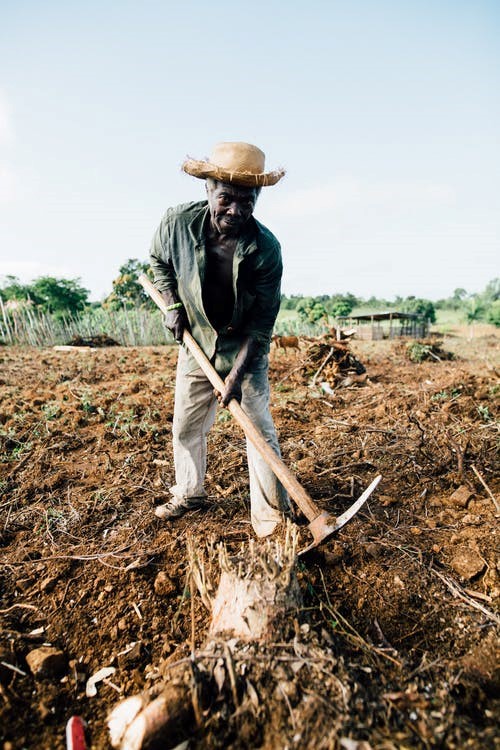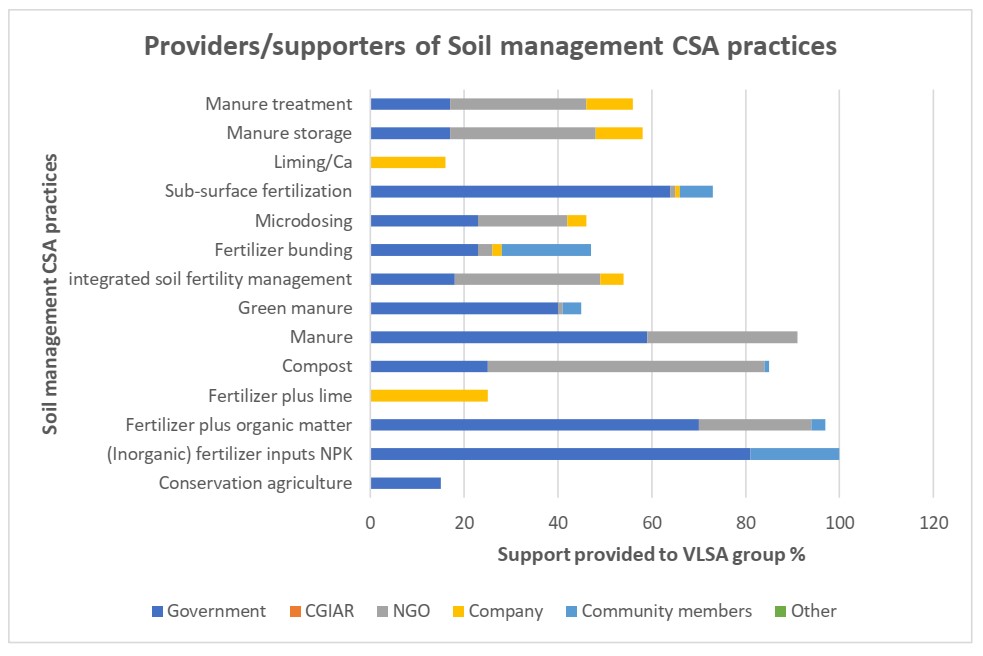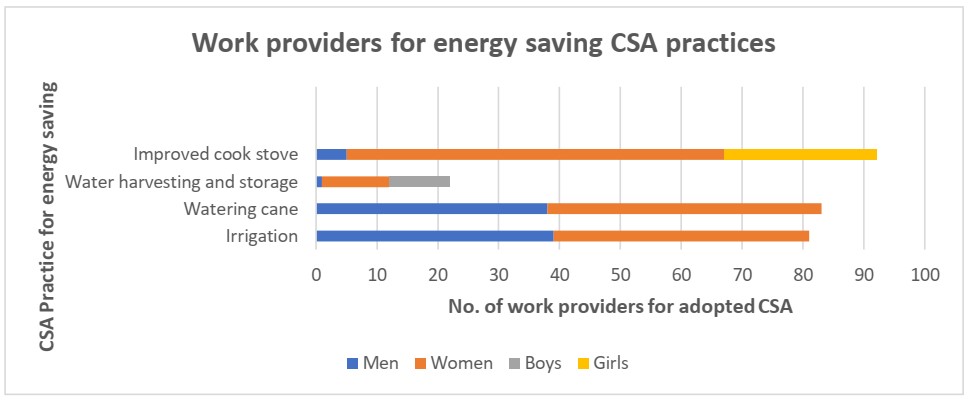
Sub-Saharan Africa (SSA), has in the recent past been hit by severe climatic risks, including droughts and floods, which have resulted in the disruption of agriculture’s biophysical inputs such as soils, irrigation water, and crop growth. The impacts have also been reflected in increased food shortages, posing a threat to global food security. What is even more alarming is the number of livelihoods in SSA countries dependent on agriculture. Therefore, making the sector crucial, and in need of urgent attention.
Malawi in the Southern part of Africa is one such example. According to the World Bank and the Food and Agriculture Organization of the United Nations, agriculture provides approximately 80% of the country’s workforce. However, the country has been hit by a series of climatic events that have exacerbated food insecurity and threatened livelihoods.
Climate-Smart Agriculture (CSA) is being promoted as an approach for transforming and reorienting agricultural systems to support food security under the new realities of climate change.” (Lipper and Zilberman, 2018). The aim is to increase production, mitigate the effects of climate change and build resilience to its Climate change impacts, and, where possible, reduce greenhouse gas emissions (GHG). However, the availability and applicability of provided CSA practices/technologies in local contexts still remains a challenge.
A study conducted under the 3D4AgDev Program within the National University of Ireland Galway in Malawi using Village Savings and Loans Association groups (VLSA), to assess the number of CSA providers, revealed that most practices/technologies are mostly supported by the Government (Refer to Figure 1). While other stakeholders come in notwithstanding the economic, social, and cultural constraints that arise when providing CSA to smallholder farmers. That is one hand. On the other hand, who provides the work for the adopted CSA practice/technology is another constraint to CSA uptake.


The research revealed that work is either provided by men, women, boys, and girls or by the household. However, the type of practice/technology adopted and implemented is largely linked to prescribed gender roles. For example, men provided work for practices such as inorganic fertilizer inputs and improved cookstoves by women. That is so due to access to finances and resources and cultural/socially prescribed roles respectively. The study highlighted the existing inequalities in terms of access to resources and decision-making powers.
There is, therefore, a need to address gendered constraints in the uptake of CSA in SSA. What is more pertinent is for stakeholders to work with farmers and in providing tools and technologies suited to local context yet, gender-sensitive. Men and women, boys and girls all brought together as agents of change for effective uptake and implementation of CSA.
Bibliography
EMERTON, R., CLOKE, H., FICCHI, A., HAWKER, L., DE WIT, S., SPEIGHT, L., PRUDHOMME, C., RUNDELL, P., WEST, R. & NEAL, J. 2020. Emergency flood bulletins for Cyclones Idai and Kenneth: A critical evaluation of the use of global flood forecasts for international humanitarian preparedness and response. International Journal of Disaster Risk Reduction, 50, 101811.
KHOZA, S. 2020. A gendered approach to climate smart agriculture adoption by smallholder farmers in Malawi and Zambia. North-West University (South Africa).
LIPPER, L. & ZILBERMAN, D. 2018. A short history of the evolution of the climate smart agriculture approach and its links to climate change and sustainable agriculture debates. Climate Smart Agriculture. Springer, Cham.
WBG 2021. Malawi Country Profile. https://www.worldbank.org/en/country/malawi/overview. Accessed on August 11. 2021.
